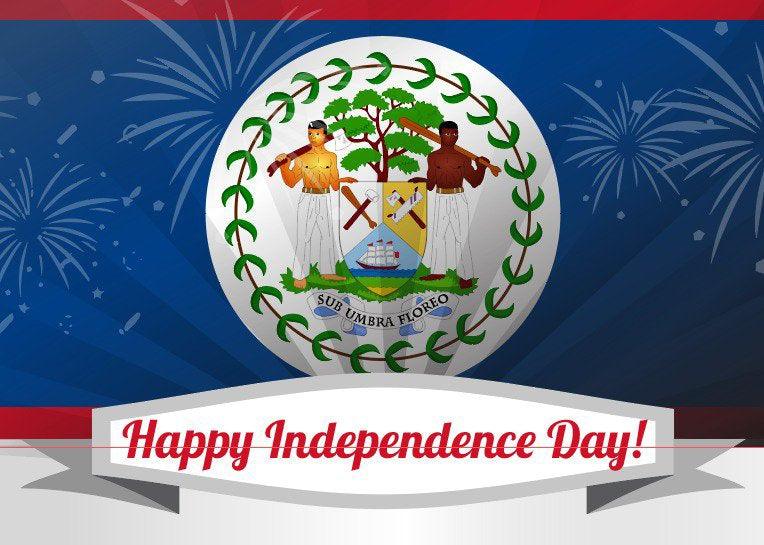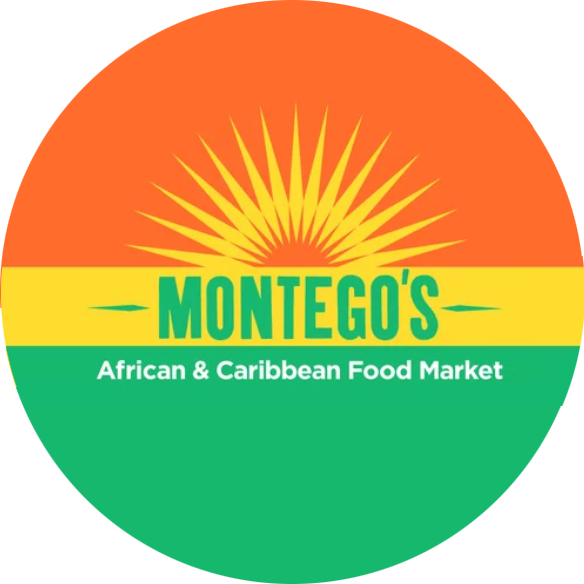
Belize: Independence Struggles and Resilient Leadership
Share
Belize, located on the northeastern coast of Central America, achieved independence from British colonial rule on September 21, 1981. The path to independence was marked by struggles, border disputes, and the emergence of resilient leaders who fought for self-determination and the advancement of Belizean identity.



Belize's struggle for independence centered around territorial integrity and the resolution of border disputes with neighboring countries. The territorial claim by Guatemala and the ongoing negotiations presented significant challenges and required strong leadership to protect Belize's sovereignty.

Notable leaders such as George Cadle Price and Manuel Esquivel played vital roles in shaping Belize's path towards independence. George Cadle Price, the Father of the Nation, was a key figure in Belize's fight for self-determination. As the leader of the People's United Party (PUP), Price advocated for independence, social justice, and economic development. His diplomatic efforts and steadfast commitment to Belizean nationalism paved the way for the nation's eventual independence.
Manuel Esquivel, leader of the United Democratic Party (UDP), also made significant contributions to Belize's journey towards independence. His government emphasized economic reforms, private sector growth, and foreign investment to stimulate the nation's development. Esquivel's leadership during the post-independence era focused on building a strong and prosperous Belize.

Belize's cultural impact is deeply rooted in its diverse ethnic composition, including Creole, Maya, Garifuna, and Mestizo communities. The blending of these cultures has given rise to a vibrant tapestry of traditions, music, cuisine, and languages. Festivals such as the Garifuna Settlement Day, Carnival, and the Belize International Film Festival celebrate the nation's cultural diversity and showcase its unique heritage.
Belize's journey towards independence and the resilience of its leaders have shaped the nation's identity and aspirations. The commitment to democratic values, cultural diversity, and sustainable development sets the foundation for Belize's continued progress. As Belize looks towards the future, it strives to strengthen its economy, preserve its natural resources, and promote social cohesion, ensuring a prosperous and harmonious nation for generations to come.

